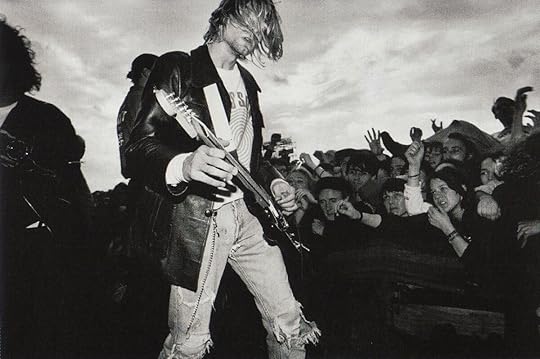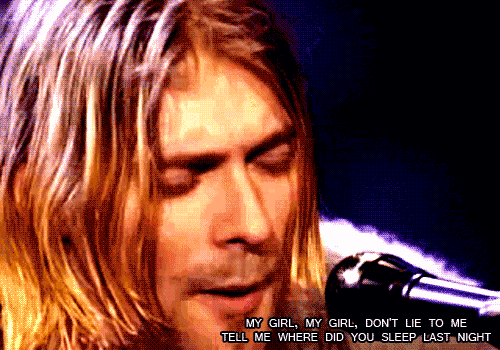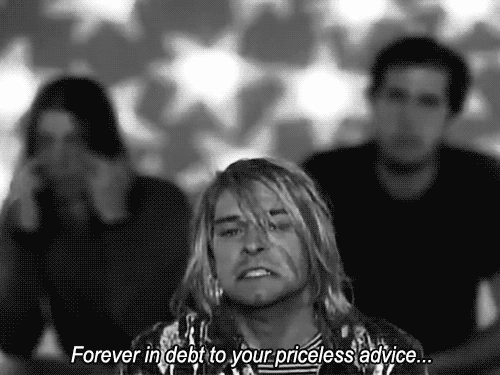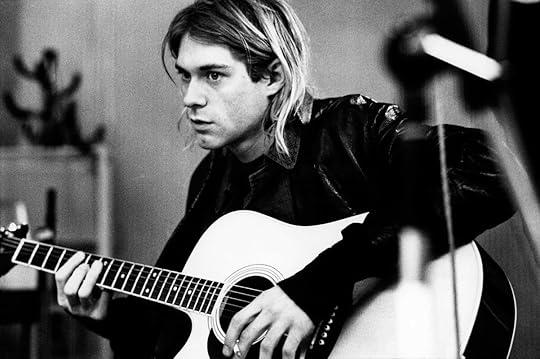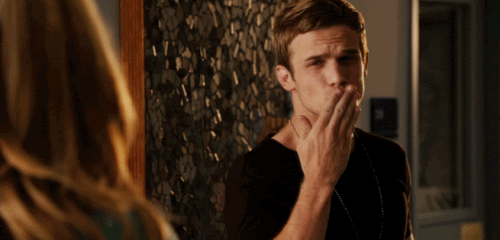What do you think?
Rate this book


Cross uncovers plenty of news, mostly grim and gripping. As a teen, Cobain said he had "suicide genes," and his clan was peculiarly defiant: one of his suicidal relatives stabbed his own belly in front of his family, then ripped apart the wound in the hospital. Cobain was contradictory: a sweet, popular teen athlete and sinister berserker, a kid who rescued injured pigeons and laughingly killed a cat, a talented yet astoundingly morbid visual artist. He grew up to be a millionaire who slept in cars (and stole one), a fiercely loyal man who ruthlessly screwed his oldest, best friends. In fact, his essence was contradictions barely contained. Cross, the coauthor of Nevermind: Nirvana, the definitive book about the making of the classic album, puts numerous Cobain-generated myths to rest. (Cobain never lived under a bridge--that Aberdeen bridge immortalized in the 12th song on Nevermind was a tidal slough, so nobody could sleep under it.) He gives the fullest account yet of what it was like to be, or love, Kurt Cobain. Heavier Than Heaven outshines the also indispensable Come As You Are. It's the deepest book about pop's darkest falling star. --Tim Appelo
381 pages, Hardcover
First published January 1, 2001
